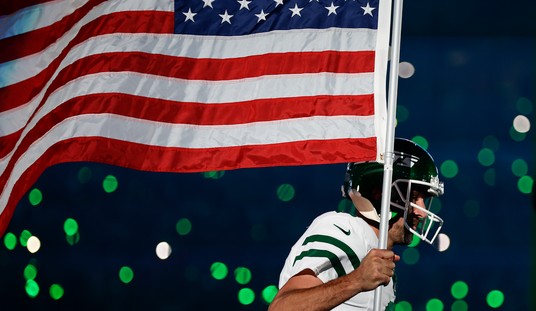
On Monday, the Supreme Court handed down five decisions, four of them dealing with criminal law and the rights of the accused. In all four of these decisions, for anyone who professes fealty to the Constitution, the Court got it correct in all of them.
In Dahda vs. United States, a judge in Kansas authorized a wiretap of communications of a suspected drug trafficker. In fact, nine such warrants were issued and each had a single line in the warrant authorizing the interception of communications from Missouri even though the federal magistrate only had jurisdiction in Kansas. After the conviction, the defendants moved to have the evidence thrown out because of that one line even though, being a gray area, the prosecutors disregarded the evidence from the out-of-state communications intercepts. In this case, the Court correctly noted that the facial challenge to the warrant, which if they prevailed, would have thrown out all the evidence, was null. Hence, the evidence seized in Kansas which resulted in a conviction was valid. The decision was 8-0 with Neal Gorsuch not participating in the case.
The second case was United States vs. Sanchez-Gomez. At the urging of the US Marshall Service, it became policy to shackle defendants appearing in federal court for the Southern District of California. Four defendants challenged the policy for not only themselves, but others similarly situated. In effect, it was a class action challenge.. sort of. Here, in a unanimous decision, the Court ruled that their claims were moot since the cases of all four defendants were resolved while the challenge to the policy wound its way through the appeals process. The Ninth Circuit, which is often reversed, held true to form here and their decision was reversed. The Court rejected any “freestanding exception to mootness outside the class action context.” Since this was technically not a class action in the classical sense, the case involving these four defendants became moot.
The third case was McCoy vs. Louisiana which involved a man who insisted on his innocence. Unfortunately for him, given the overwhelming evidence against him (he was accused of three murders), his lawyers tried to convince him to plead guilty and make an attempt to avoid the death penalty. McCoy still insisted on his innocence even as the lawyer, against his client’s stated position, told the jury he was guilty and then tried to convince the jury that the motivation for the crime did not rise to the level of first degree murder which, if he prevailed in his argument, would have spared McCoy’s life. The jury disagreed with the arguments, found McCoy guilty and sentenced him to death. The Court, in a 6-3 decision, decided that despite the difficulties of having an at-times unruly client and despite the evidence against that client, the client does not take a backseat in all proceedings in a criminal court, especially one as fundamental as professing one’s innocence or guilt.
The final case was Byrd vs. United States which has previously been covered here. This is the infamous case of the driver being stopped in a rental car because he stayed too long in the left lane after passing a truck and hands were at 2:00 and 10:00 on the wheel. When it was discovered it was a rental car not in his name, they searched the car and found 19 bricks of heroin. The police argued they could search the car without a warrant because the driver, not being on the rental agreement, had mo expectation of privacy. Not so, said the Supreme Court. In this case whose thrust was the presence of Byrd’s name on the rental agreement, the Court got it right.
Left largely unreported are other important facts. The first is that 19 bricks of heroin were taken out of circulation. Second, the Court remanded the case to the 3rd Circuit who must determine whether Byrd still had no expectation of privacy since he used his girlfriend to rent the car since Byrd had a criminal record and could not rent the car under his name. In effect, that would make him no different than a car thief. Putting aside the expectation of privacy considerations, the lower courts must also now determine whether probable cause existed to search the car believing it was involved in the commission of a crime. Here, the police may be on shaky ground since staying too long in the passing lane and the position of one’s hands on a steering wheel are dubious reasons to search, let alone stop, a car. Hence, Mr. Byrd is not entirely free from the hands of justice. This decision was 9-0 and correctly decided.














Join the conversation as a VIP Member